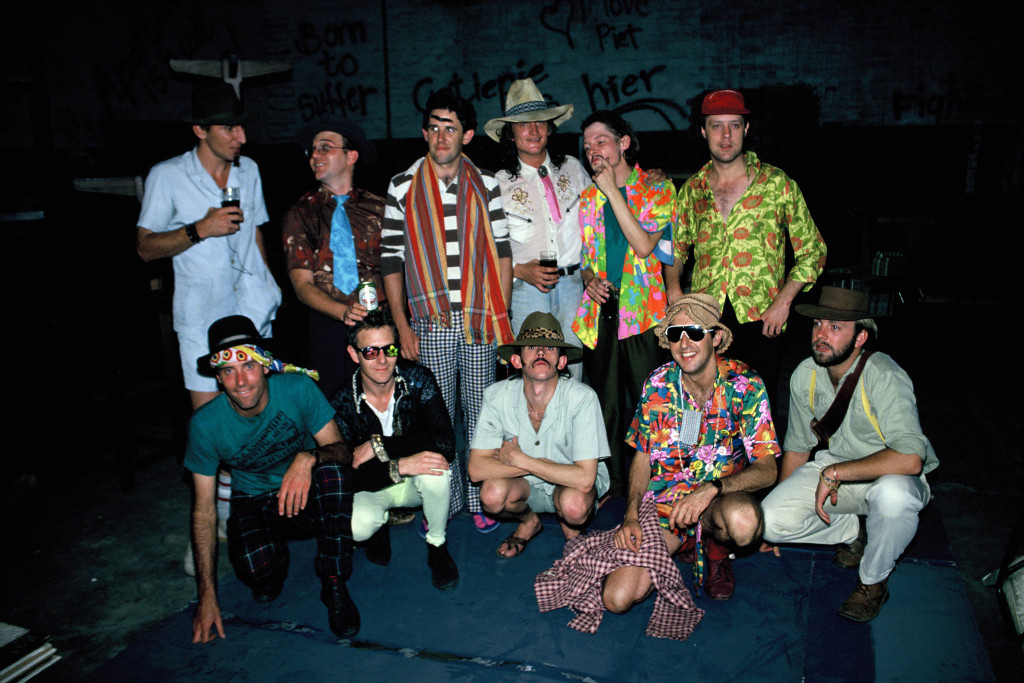
A diverse collection of artists, as was the case for Johannes Kerkorrel and his peers, had their music either banned outright or denied airtime by the SABC during the apartheid era.
The Beatles had all their records banned from being played by the SABC for eight years after John Lennon said that the Beatles were more popular than Jesus Christ.
The SABC initially banned the song ‘Another Brick in the Wall’ by Pink Floyd from being played on its black radio services.
However the album, The Wall on which the song appeared, was enormously popular and ‘Another Brick in the Wall’ reached number 1 on the Radio 5 pop charts. Radio 5 was a commercial station that targeted young, white listeners.
Although the SABC recognised that the song was potentially subversive, it had not realised that almost fifty percent of Radio 5’s listeners were in fact black . As a result, black students who were protesting against their inferior education started singing the chorus “We don’t need no education” during demonstrations.
The SABC promptly banned the single and the album from being played on the radio!
Chris de Burgh’s song Spanish Train was banned in 1976 because it was considered to be blasphemous. As a result the name of the album was changed from Spanish Train and other stories to Lonely Sky and other stories.
Unsurprisingly, Peter Gabriel’s song “Biko” about the black activist who died in police custody was banned, as was Marianne Faithfull’s song “Broken English”.
Atlantis, a song by Anton Goosen was about the city that had been created by the apartheid government specifically for “coloured” people after they had been forcibly removed from their homes in District Six under the Group Areas Act. Laurika Rauch recorded Atlantis, but the SABC banned it from being played on the radio.
The same fate befell the album Bigger than Jesus, by South African band the Kalahari Surfers who had to reissue their album with the new title Beachbomb.
